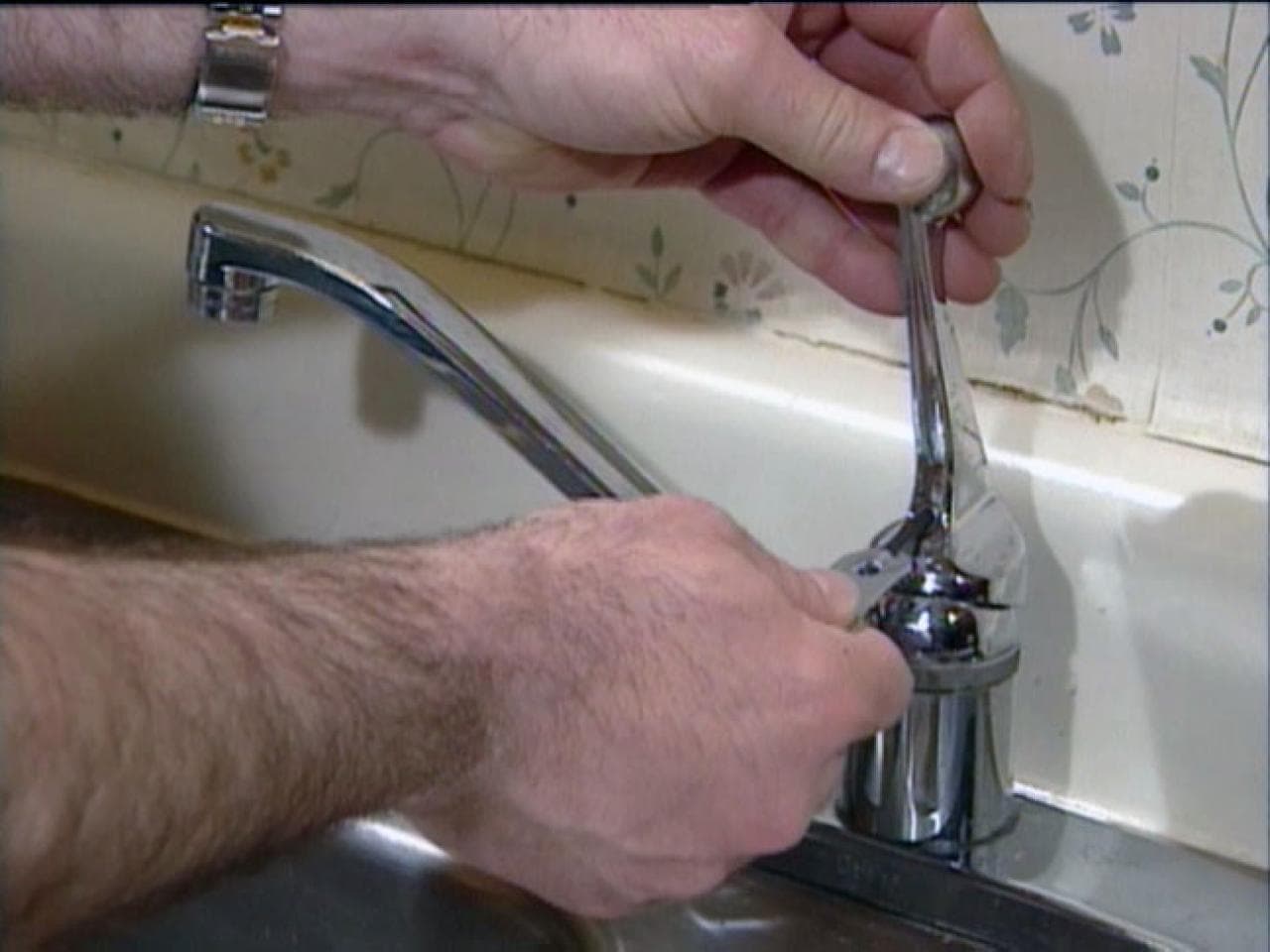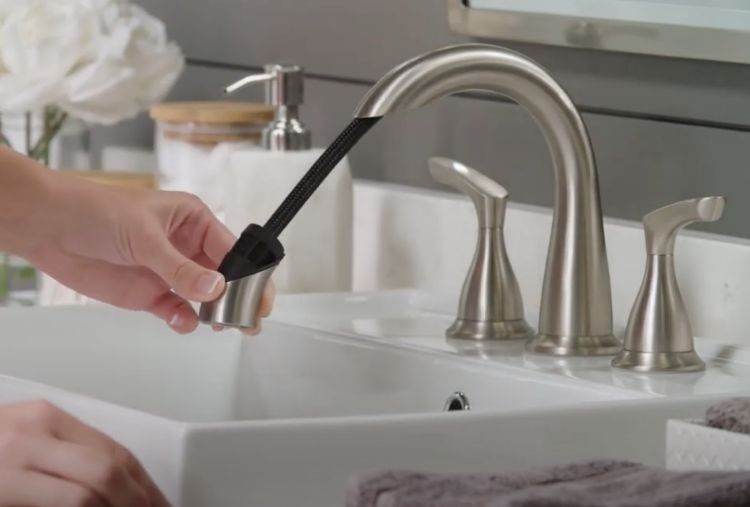Our Factors Behind Dealing with a Dripping Faucet
Our Factors Behind Dealing with a Dripping Faucet
Blog Article
The article in the next paragraphs pertaining to Water Dripping from Faucet: Why and How to Fix is incredibly engaging. Don't miss it.

Leaking taps may look like a small aggravation, yet their influence surpasses simply the aggravation of the audio. From drainage to incurring unnecessary economic prices and health and wellness risks, ignoring a dripping tap can cause different consequences. In this article, we'll look into why it's vital to address this common household concern immediately and effectively.
Wastefulness of Water
Environmental Impact
Trickling faucets contribute dramatically to water waste. According to the Environmental Protection Agency (EPA), a solitary faucet trickling at one drip per second can squander greater than 3,000 gallons of water annually. This not only stress water resources however also influences environments and wildlife depending on them.
Step-by-Step Guide to Dealing With a Dripping Faucet
Devices Called for
Before trying to repair a trickling faucet, collect the required devices, including a flexible wrench, screwdrivers, substitute parts (such as washing machines or cartridges), and plumber's tape.
Typical Faucet Issues and Their Solutions
Determine the kind of faucet and the particular concern causing the drip. Typical troubles include damaged washers, corroded shutoff seats, or damaged O-rings. Refer to maker instructions or on the internet tutorials for detailed assistance on fixings.
Financial Costs
Boosted Water Costs
Beyond the environmental effect, trickling taps can inflate water expenses significantly. The accumulated wastage gradually converts into higher utility costs, which can have been avoided with timely repairs.
Prospective Property Damage
Additionally, long term trickling can lead to damage to fixtures and surfaces bordering the tap. Water buildup can create discoloration, deterioration, and also architectural concerns if left neglected, resulting in additional repair costs.
Health Issues
Mold And Mildew and Mildew Growth
The continuous presence of moisture from a dripping faucet develops an ideal environment for mold and mold development. These fungis not just endanger interior air high quality however also pose health threats, specifically for people with respiratory system problems or allergies.
Waterborne Illness
Stagnant water in trickling taps can end up being a breeding ground for microorganisms and various other microorganisms, enhancing the risk of waterborne conditions. Impurities such as Legionella germs flourish in stagnant water, possibly causing major diseases when consumed or breathed in.
DIY vs. Professional Repair work
Pros and Cons of DIY Repair Service
While some may try to deal with a leaking tap themselves, do it yourself fixings come with their very own set of challenges. Without correct understanding and devices, DIY attempts can aggravate the problem or lead to incomplete repairs, prolonging the trouble.
Advantages of Hiring a Specialist Plumber
Working with a professional plumber ensures that the underlying root cause of the leaking faucet is attended to efficiently. Plumbing professionals possess the knowledge and equipment to detect and fix faucet issues effectively, conserving time and reducing the danger of more damage.
Environmental Obligation
Private Payment to Preservation
Taking obligation for dealing with dripping taps aligns with wider initiatives toward water conservation and ecological sustainability. Every person's actions collectively make a substantial influence on protecting valuable sources.
Sustainable Living Practices
By prioritizing punctual repairs and embracing water-saving behaviors, individuals contribute to sustainable living methods that profit both existing and future generations.
Safety nets
Normal Maintenance Tips
To prevent leaking taps, execute routine maintenance such as cleaning up aerators, checking for leakages, and changing damaged components promptly. In addition, take into consideration installing water-saving devices or upgrading to a lot more effective components.
Value of Prompt Services
Addressing dripping faucets as quickly as they're noticed prevents further water waste and prospective damages, inevitably conserving both water and money over time.
Impact on Residential Property Worth
Understanding of Well-Maintained Residential Property
Preserving a building in good condition, consisting of attending to maintenance issues like dripping taps, boosts its viewed value and desirability among possible purchasers or renters.
Influence on Resale Worth
Features with properly maintained plumbing fixtures, including taps, command greater resale values in the property market. Attending to leaking taps can add to a positive impression throughout home evaluations and negotiations.
Final thought
Resolving a trickling faucet surpasses simple convenience; it's a crucial step towards saving water, reducing monetary costs, and guarding health and property. Whether via do it yourself repair services or expert aid, acting to fix leaking faucets is a little yet impactful means to promote liable stewardship of resources and add to a healthier, a lot more sustainable future.
How to Fix a Leaky Faucet: Step-by-Step Repair Guide
A leaky faucet may seem like a simple annoyance, but if it's not fixed promptly, that leak could cost hundreds to potentially thousands. From water damage to mold, mildew, and high water bills, even a tiny leak can be catastrophic if left unattended. Damage like this can even affect the overall value of your home, so it's important to take the right approach for leaky faucet repair. You may need the help of a plumber in some cases, but we've got a few tips you can try on how to fix a leaky faucet before calling the pros.
Four Faucet Types
When you're learning how to fix a leaky faucet, the first step is knowing what kind of faucet you're working with! There are four common types.
Cartridge Faucets
Cartridge faucets come in one- or two-handled varieties. In one-handled cartridge faucets, hot and cold water combines in a single cartridge. In the two-handled versions, hot and cold water are controlled separately and mixed in the faucet.
Ball Faucets
Ball faucets have a single lever you push up and down to adjust the pressure and rotate to change the temperature. A slotted metal ball controls the amount of water allowed into the spout.
Compression Washer Faucets
They're the oldest type of faucet, but they're still used in many homes — especially older ones. Compression faucets have two separate handles that, when turned, raise or lower the washer that seals a water valve. This valve stops water from flowing through the faucet when it is turned off.
Disc Faucets
Disc faucets rarely need to be repaired due to their maintenance-free design. The water flow is controlled by two discs — the upper one raises and lowers against a fixed lower disc, creating a watertight seal. If your disc faucet starts leaking, you may need to replace the seals or clean residue buildup from the inlets.
Fixing a Leaky Faucet
Step 1: Turn Off the Water
Whether you're learning how to fix a leaky bathtub faucet or how to fix a leaky kitchen faucet, always turn off the water supply to your working area when you're fixing a leak. The last thing you want is a flood added to your list of things to fix.
Look for the shutoff valves below your sink or around the tub and turn them clockwise to stop the water flow. If your faucet doesn't have shutoff valves, you may need to turn off the water for the whole house. Check to make sure it's off by turning the faucet on. If nothing comes out, you're ready to start the repair.
Step 2: Take Apart the Faucet
How you disassemble your faucet depends on the type of fixture you have. You can use a flathead screwdriver to remove the caps on top of the handle or handles for cartridge and compression faucets. Inside, you should see handle screws. Unscrew these with a screwdriver to remove the handle.
Disc- and ball-style faucets will typically have an inlet screw near the handle, and removing that will reveal the interior of the faucet.
Detach the Valve Stem
For cartridge- and compression-style faucets, you'll see the inner valve stem or cartridge once you remove the faucet handles. If you have a compression faucet, unscrew the brass valve stem. If you have a cartridge faucet, pull out the cartridge. If your cartridge has been in place for a while, it may require some tools or extra force to remove it due to mineral deposits.
Examine and Replace Parts
Once you've removed the parts, check them out to confirm what needs to be replaced. You may see corroded rubber washers, O-rings, stems, or cartridges. On a ball-style faucet, check the seats and springs for damage.
If you need to repair a leaky disc faucet, check the inlet and seals on the lower disc.
Once you determine what parts must be replaced, visit your local hardware store. Bring the damaged parts with you to ensure you can purchase the correct components to replace them.
Clean Valves and Faucet Cavity
If you've removed a stem or cartridge, you may notice mineral buildup in the faucet's threads. Use white vinegar to clean the valve seat by soaking it for a few minutes, then scrub it away with a soft toothbrush and rinse with warm water. You can also clean the interior of the faucet in the same way.
Reassemble the Faucet
Once your faucet is cleaned and the required parts have been replaced, it's time to reassemble it. Put the pieces back together and slowly turn the water supply back on. Doing this slowly is crucial because too much initial water pressure can damage the new hardware you've just installed.
https://homewarranty.firstam.com/blog/how-to-fix-leaky-faucet

I hope you enjoyed reading our post on What Causes Leaky Faucets & How To Fix Them. Thanks a lot for taking the time to browse our piece. If you enjoyed reading our blog posting if you please consider to share it. We love your readership.
Report this page